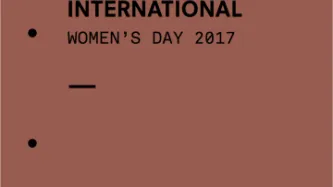Search
Content type: Examples
Even after they move out, domestic abusers may retain control over their former residence via Internet of Things devices and the mobile phone apps that control them. Using those tools, abusers can confuse, intimidate, and spy upon their former spouses and partners. Lack of knowledge about how these technologies work means that those who complain are often not taken seriously. Even the victims themselves may believe it's all in their minds; lawyers are struggling to develop language to add to…
Content type: News & Analysis
Surveillance in digital spaces is the policing and monitoring of activity of those occupying these spaces. Surveillance affects free speech, privacy and behaviour of digital users. Feminism and a feminist approach to surveillance puts marginalised communities, those that are victims of class discrimination, racial and patriarchal structures, at the centre of discourse around privacy and surveillance.
Surveillance in Pakistan is often seen as an issue of national security. With the National…
Content type: Long Read
In this special briefing for International Women’s Day 2017, we explore through the work of the Privacy International Network some areas of concern being addressed in relation to privacy, surveillance, women’s rights, and gender. Coding Rights demonstrates the important of generating and disseminating gendered content on issues of surveillance in Latin America as a means of inciting informed action. In Chile, Derechos Digitales explored the booming market of mobile applications related to…


